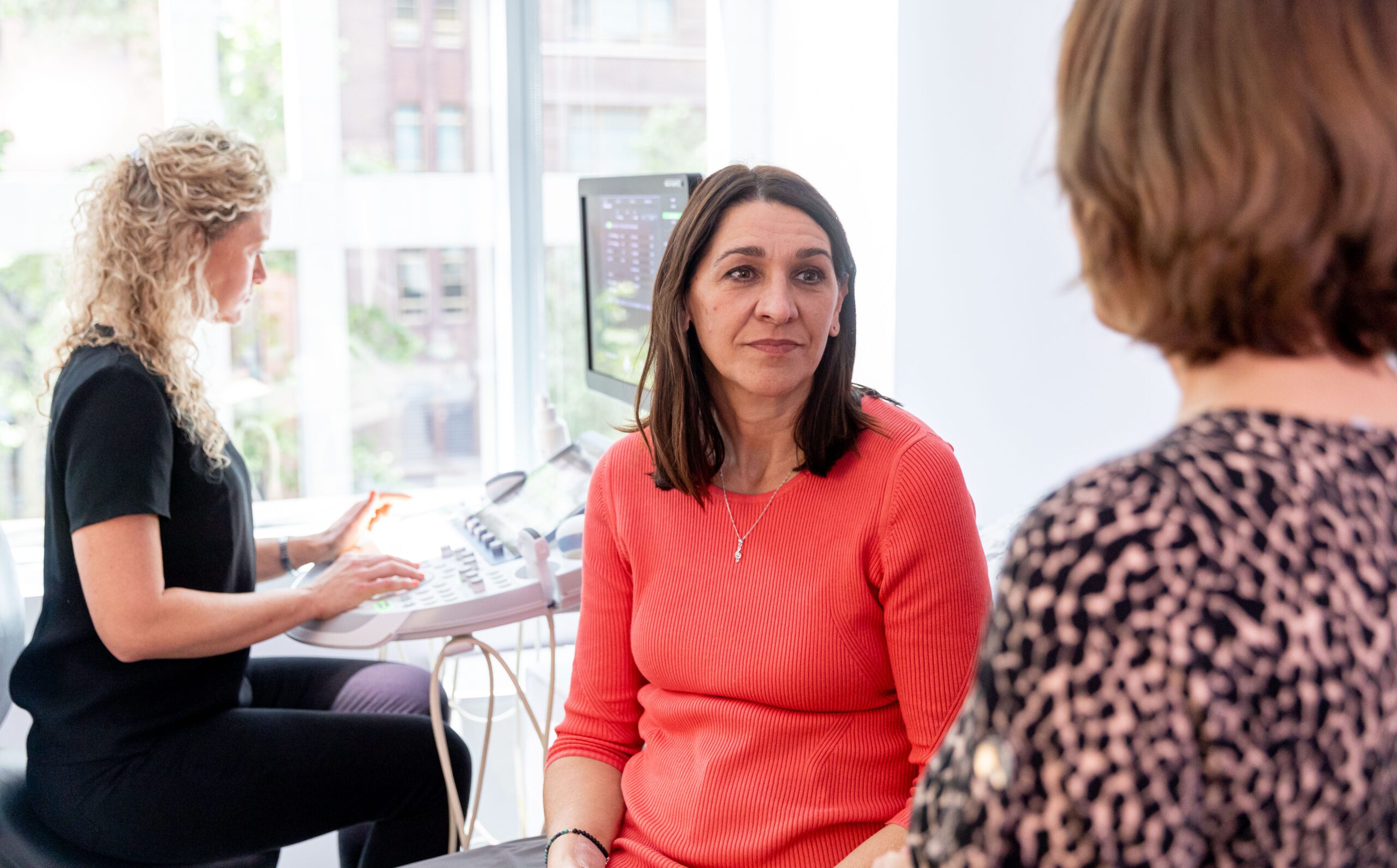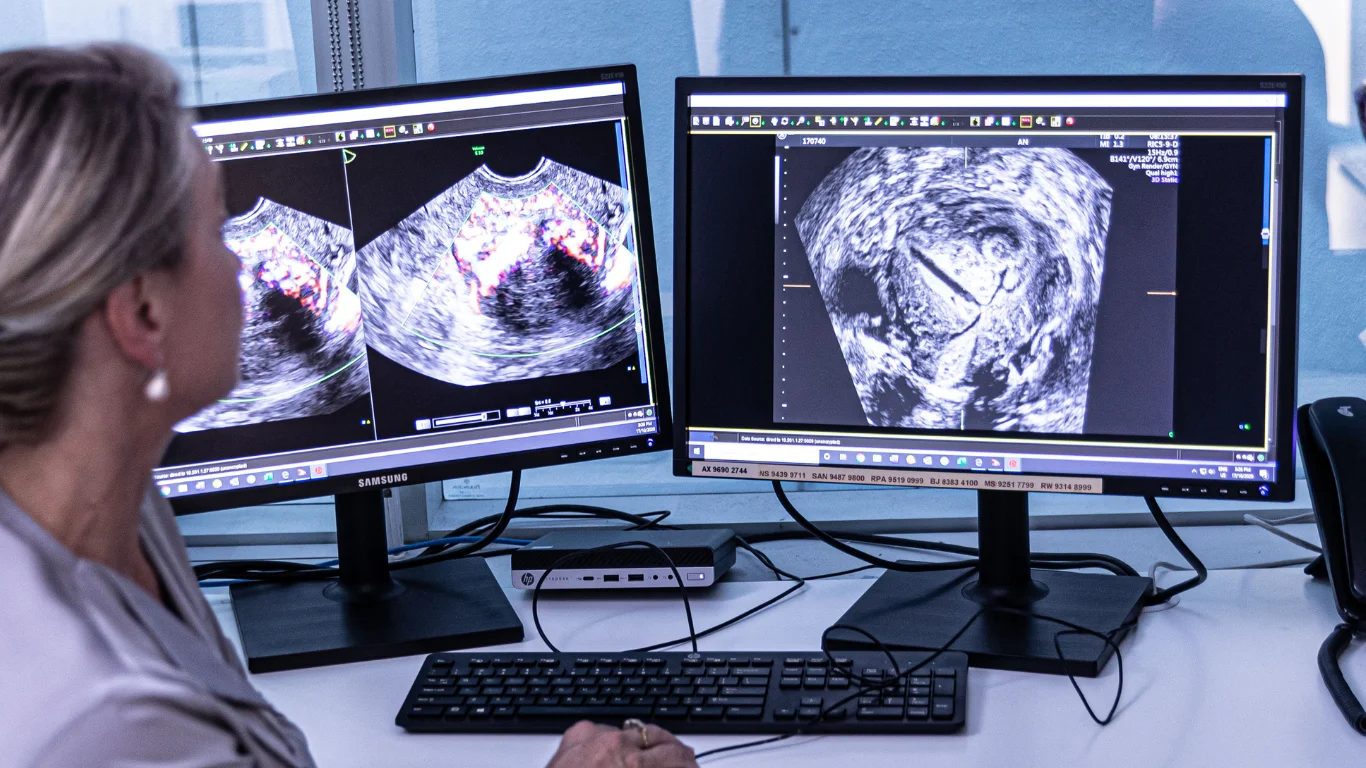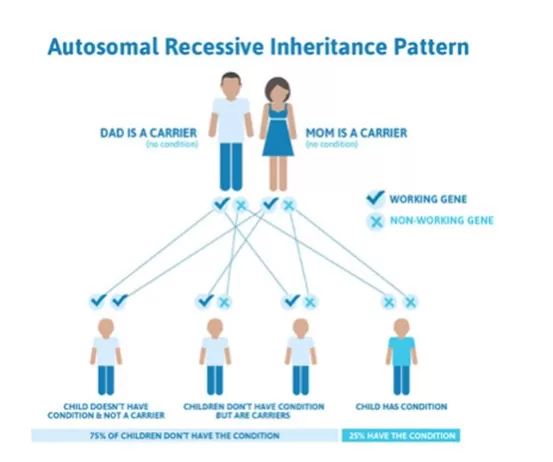When you are pregnant or considering a pregnancy, you may want to consider whether you and your partner would like to have genetic carrier screening.
What is genetic carrier screening?
Genetic carrier screening is also known as carrier testing and reproductive carrier screening. It is a test used for healthy parents to identify if they carry gene mutations which can cause genetic disorders and to assess the chance of passing that disorder on to a child.
When should I/we do carrier screening?
Pre-conception: this is the ideal time to consider having genetic carrier screening. This allows you and your partner to understand the potential genetic risks and make informed decisions about planning a pregnancy together.
During pregnancy: Early pregnancy is the next best time for testing. This enables couples to have diagnostic testing of fetus while they are pregnant which can help to inform pregnancy decision making and preparation.
What is involved in genetic carrier screening?
The first step to screening is a consultation with a healthcare professional, such as a Genetic Counsellor, your GP or obstetrician. Once you understand the principles of genetic carrier screening and decide to proceed, it is usually a blood test.
Testing of both parents can be performed at the same time, which means that the results can be received more quickly, although the cost is higher. The alternative is to test one parent, usually the mother and then only proceed to testing the other parent if the mother is a carrier for any conditions. This can be cheaper if only one person needs to be tested, however there will then be a longer waiting time if the second parent is then required to be tested.
What type of conditions are tested?
The most commonly screened conditions in Australia are cystic fibrosis, spinal muscular atrophy and fragile X. However, there are a number of larger panels which can test hundreds of conditions.
I don’t have a family history, so do I need to get tested?
Many of the conditions tested for are inherited in a mechanism called autosomal recessive inheritance. Mostly, we each have two copies of a gene and if you are a carrier for a genetic condition, you have one normal copy and one abnormal copy. If both parents are carriers and pass on their abnormal copy of the gene, the child will be affected. Because each of the parents also have a normal copy, they are unaffected and therefore are likely to be unaware of their carrier status.
Ultrasound Care has a team of experienced Genetic Counsellors. If you would like to discuss the option of genetic carrier screening, see your GP or obstetrician for a referral. We welcome the opportunity to discuss your options with you.






